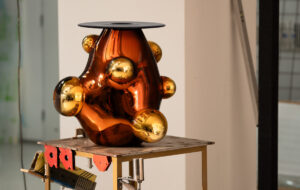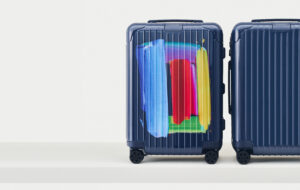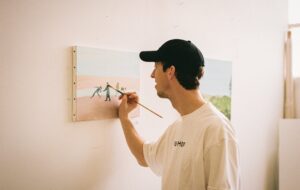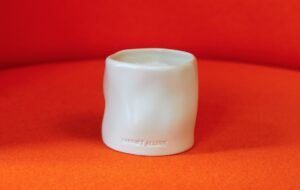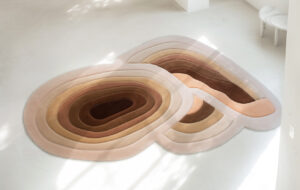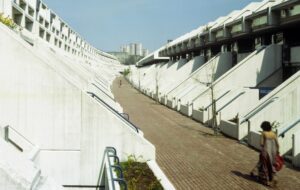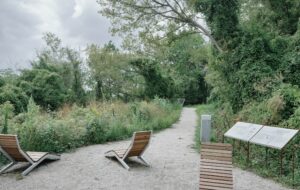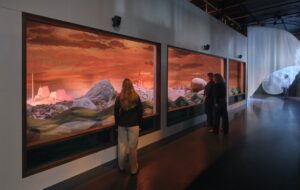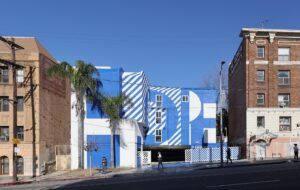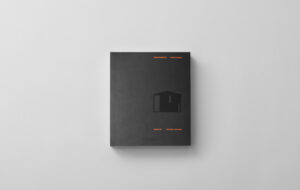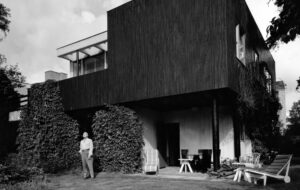![]()
For our debut quarterly issue, with even more pages and in-depth perspectives, ICON investigates the forces shaping the countryside.
In a new Focus section, Edwin Heathcote delves into the unsung technologies and movements shaping the rural world, while Katy Kelleher investigates permaculture – a sustainable form of farming that respects the landscape and existing habitats. Phineas Harper explores the fraying edges between the city and the country and Prix Pictet nominee Rena Effendi points her lens at the fast-changing traditions of life in rural Transylvania.
![]()
Our regular design and architecture sections are, as always, dedicated to the most urgent topics facing design and architecture: from the intimate history of New York’s gay saunas, which gave rise to Manhattan’s Loft Movement in the 1970s and 80s, to designers eschewing novelty in favour of slow evolution based on object typologies. Icon editor Priya Khanchandani interviews Beatriz Colomina about the relationship between architecture, health and work, while our reviewers examine two new cultural buildings, in Istanbul and Groningen.
And in our new Head to Head column, Liza Fior and Katherine Clarke of muf art and architecture stress the advantages of working locally, while Patrik Schumacher of Zaha Hadid Architects extolls the virtues of globetrotting designers.
![]()
From the editor, Priya Khanchandani:
Just when conventional wisdom had well and truly swung in favour of the city, the countryside has come out from the shadows and claimed centre stage.
Rem Koolhaas’ 1978 book, Delirious New York, once painted a picture of the city as a metaphor for human innovation, a creative laboratory for architecture and a platform for a revolutionary lifestyle. Those of us inclined to be curious about urban design will have been preoccupied with the postmodern city at some point, from Mike Davis’ critique of LA to Michael Sorkin’s revelations on the inauthenticity of public space. Yet this year, the OMA exhibition showing at the Guggenheim in New York this spring is concerned not with urban matters, but rather with the 98% of the earth’s surface that is not occupied by cities: the countryside.
![]()
The city is still a place of progressiveness and energy, but its mythic status is waning, not helped by the unaffordable cost of living, the daily combative experience of getting on a bus or train and the slow death we are driven to by the toxicity of the air. 4G and fast wireless internet has made it possible to take your work pretty much anywhere, including rural areas that were once the domain of cows and crops alone. Meanwhile, the countryside, a rather neglected subject of study, is more sophisticated than city-dwellers assume, from the realms of robots to migration, land reclamations to LED farms.
As the Brexit referendum and Trump landslide have demonstrated, we have ignored the countryside to our peril. The English countryside tipped the balance for the UK’s departure from the EU, while our cities – Bristol, Glasgow, Cardiff, Liverpool and London – voted for remain. Cities might be the bedrock of progressive culture, but there is a burgeoning backlash against liberal values led by rural voters.
![]()
In an effort to step back from our longstanding focus on the city and invest in better understanding its greener other, this issue considers the future of innovation in the countryside, how the greenbelts that bridge urban and rural form a critical site for design imagination, and ways in which the permaculture movement is driving a closer union between architecture and nature.
In addition to this focus, our first extended quarterly issue also contains the staple design and architecture sections that have long defined Icon and continue to do so as she nears the end of her second decade. I speak with Beatriz Colomina and Camille Walala, we review Forum, a new cultural centre in the Netherlands and Arter Museum in Istanbul, and in a new opinion section, residents of The Echoes, a new social housing scheme in Grays, give us their views of the architecture they inhabit, empowering the users of design to be more present in its discourse.
Click here to purchase ICON 199 or subscribe.

